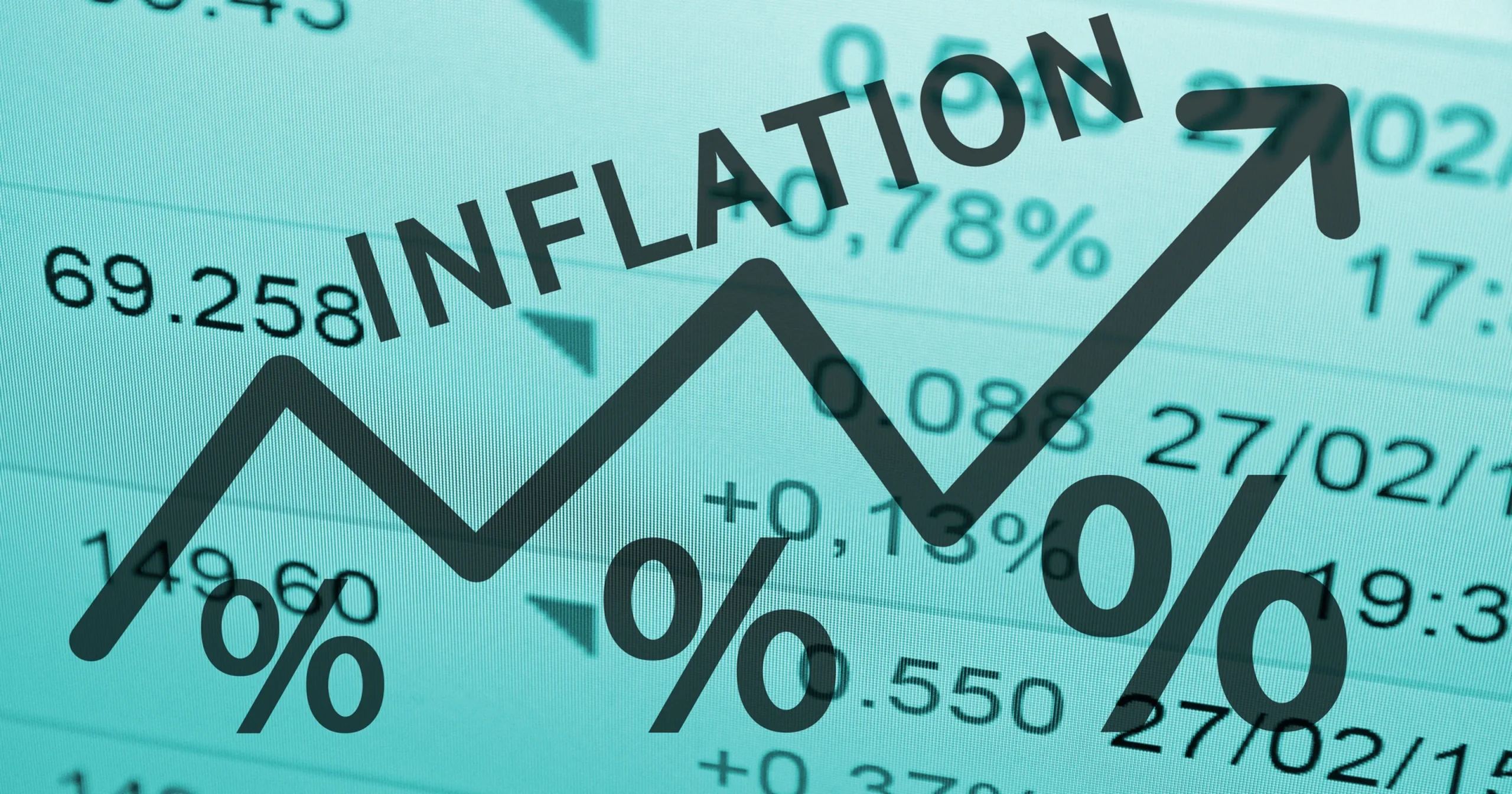Nigeria’s inflation rate surged to 29.90% in January 2024, marking a notable uptick from the previous month’s 28.92%, according to the latest report from the National Bureau of Statistics (NBS) released on Thursday.
The 0.98% increase underscores the persistent challenge of inflation in the country, reflecting the ongoing economic strains. This development places additional pressure on the Central Bank’s monetary policy committee ahead of its February 26-27 meeting, which marks its first convening in seven months.
The NBS report highlighted, “In January 2024, the headline inflation rate increased to 29.90% relative to the December 2023 headline inflation rate, which was 28.92%. Looking at the movement, the January 2024 headline inflation rate showed an increase of 0.98% points when compared to the December 2023 headline inflation rate.”
Moreover, on a year-on-year basis, the headline inflation rate rose by 8.08% points compared to January 2023, signifying a significant escalation from the previous year’s rate of 21.82%.
The report further emphasised the month-on-month comparison, stating, “On a month-on-month basis, the headline inflation rate in January 2024 was 2.64%, which was 0.35% higher than the rate recorded in December 2023 (2.29%). This indicates that in January 2024, the rate of increase in the average price level exceeded that of December 2023.”
The soaring food prices, exacerbated by global geopolitical tensions such as the conflict between Russia and Ukraine, have compounded the inflationary pressures in Nigeria.
The cost of food products has surged significantly, prompting widespread protests across various states, including Niger, Kano, Kogi, and Ondo.
The removal of fuel subsidies, leading to elevated transport costs, has further exacerbated the economic hardships faced by Nigerians. Traditional rulers in the Northern region, along with the Nigerian Bar Association, have voiced their concerns about the impact of these economic challenges on citizens’ livelihoods.
As Nigeria grapples with soaring inflation and its ripple effects on the cost of living, stakeholders are eagerly anticipating measures to address the economic crisis and alleviate the burden on the populace.



